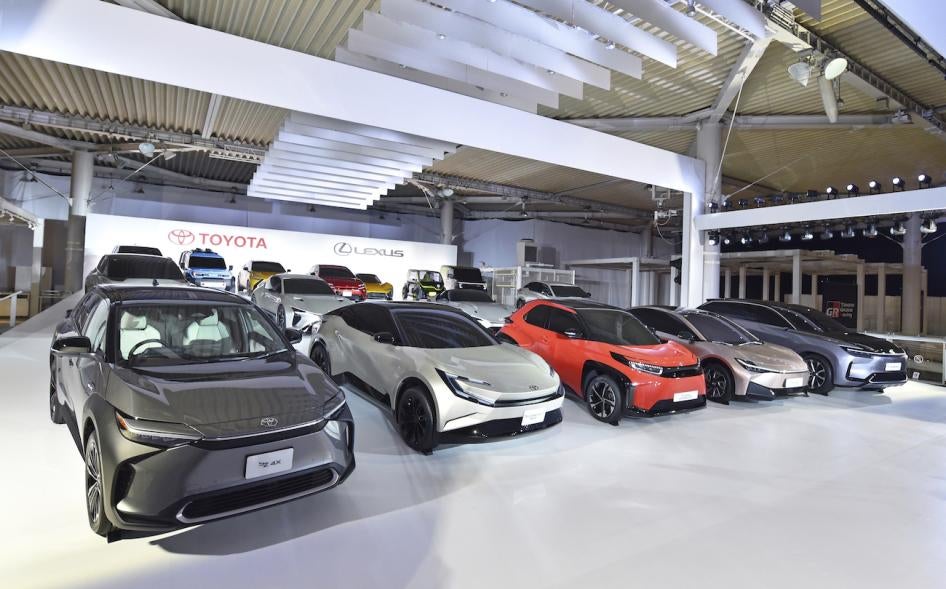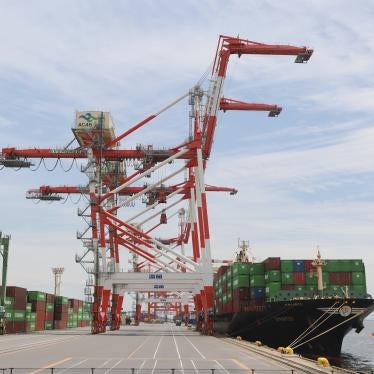New Japanese government guidelines on business and human rights mean that Japan’s car industry should accelerate efforts to clean up their supply chains.
Japan’s carmakers are gradually embracing the transition to electric vehicles, which could help shrink the country’s destructive climate footprint. Although Japan gets more than two-thirds of its electricity from fossil fuels, electric cars still have a smaller carbon footprint than gas vehicles.
When it comes to human rights, however, electric vehicles are problematic. The materials needed for car batteries and other parts are linked to global human rights and environmental harms. Japan’s three largest carmakers – Toyota, Nissan, and Honda – all scored poorly in the 2020 Corporate Human Rights Benchmark, which ranks companies on their global human rights performance.
My own research has documented the human rights impact of aluminum production, a key material for electric vehicles. Mining for bauxite, the ore needed to make aluminum, has pushed impoverished farmers off their land in Guinea, West Africa and destroyed communities’ water sources. Aluminum production, which relies heavily on coal power, is responsible for around 3 percent of annual global greenhouse gas emissions.
Japan’s new business and human rights guidelines, released September 13, are nonbinding and need significant improvement, but make clear that Japanese companies should identify human rights abuses in their supply chain and work with their suppliers to fix them.
Last year, Human Rights Watch wrote to Toyota and 11 other global car manufacturers about their links to human rights abuses in their aluminum supply chains. In response to our letter, Toyota referred us to their responsible sourcing standards but would not comment on “individual transactions in the supply chain.” That was unlike eight other car companies who met with us to discuss our research. At least four have since pressured their suppliers to improve.
Toyota is one of the world’s largest automakers and, like its fellow carmakers in Japan, could have a major impact on the protection of human rights and the environment if they choose to do so. Japan’s new business and human rights guidelines should be all the fuel carmakers need to speed up their respect for human rights.










